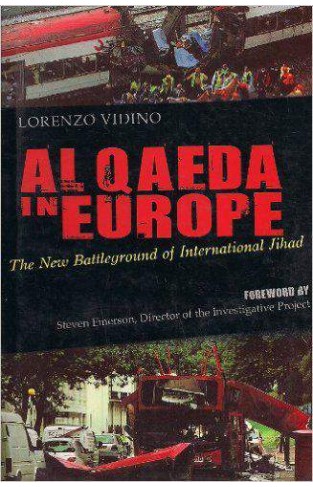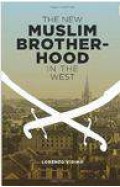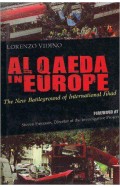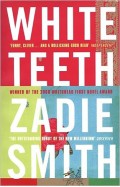Europe has become one of the key battlegrounds in the global war on terror. The July 2005 London metro bombings are just the latest indication that the Old Continent plays a key role for Islamic terrorists, both as a target and a base of operations. The problem has serious implications for the United States-terrorists carrying European passports, for example, can easily enter the country. It is not a coincidence, in fact, that every attack planned or executed against the United States, including 9/11, has had strong European ties. Al Qaeda in Europe is the first book in English that dissects Islamic terrorism on the Continent. Lorenzo Vidino, a European expert for the Investigative Project—a Washington, DC-based counterterrorism institute and America’s largest private datagathering center on militant Islamic activities—analyzes the causes of this dangerous situation while providing an extensive historical overview of Islamic terrorist activities in Europe. Divided into four parts Al Qaeda in Europe begins by identifying European terrorists-their location and when they converted to fundamentalism. Vidino notes the difficulties that. law enforcement agencies world-wide have had in shutting down terror cells. Aside from their fanaticism, what binds the al Qaeda networks together? Vidino addresses this question and points to facets of European government that have allowed—and, in some cases, inadvertently encouraged-radical Islam to grow. The book shows how terrorists, most of them native to the Continent, raise money, communicate, and hide in plain sight in the suburbs of London, Paris, or Amsterdam. Vidino includes fascinating information taken from a dozen countries’ original documentation, plus transcripts of conversations among al Qaeda operatives that have been intercepted by intelligence agencies. The remaining parts describe three of the most important terrorist networks operating in Europe—including the Algerian, which acted as bin Laden’s main franchise in Europe in the 1990s—and their successes and failures, such as the thwarted plot to attack various European capitals with chemical weapons. Vidino documents how hundreds of European Muslims are joining terrorist groups in Iraq to fight US forces, thanks to al Qaedis massive recruitment campaign. Many who join are former Christians who abandoned a seemingly empty faith and turned to radical Islam, which offers believers a sense of community—and an outlet for their anger at and disillusionment with Western society. In the final chapters, Vidino analyzes the Madrid train bombings and the assassination of Dutch filmmaker Theo van Gogh, both events linked to the Moroccan networks. Authoritative and informative, Al Qaeda in Europe is written with a lively narrative flair that will captivate general readers and become a valuable resource for scholars and government officials. About Author: Lorenzo Vidino is a terrorism expert at the Investigation Project, the largest private datagathering center on Islamic terrorism in the United States. A law graduate, he reads seven languages and travels frequently between the United States and Europe. He often consults for various US government agencies and has testified before Congress. He regularly appears on American, European, and Arab television channels to comment on terrorrelated issues, specializing on Islamic terrorism in Europe.














-120x187.jpg?q6)














